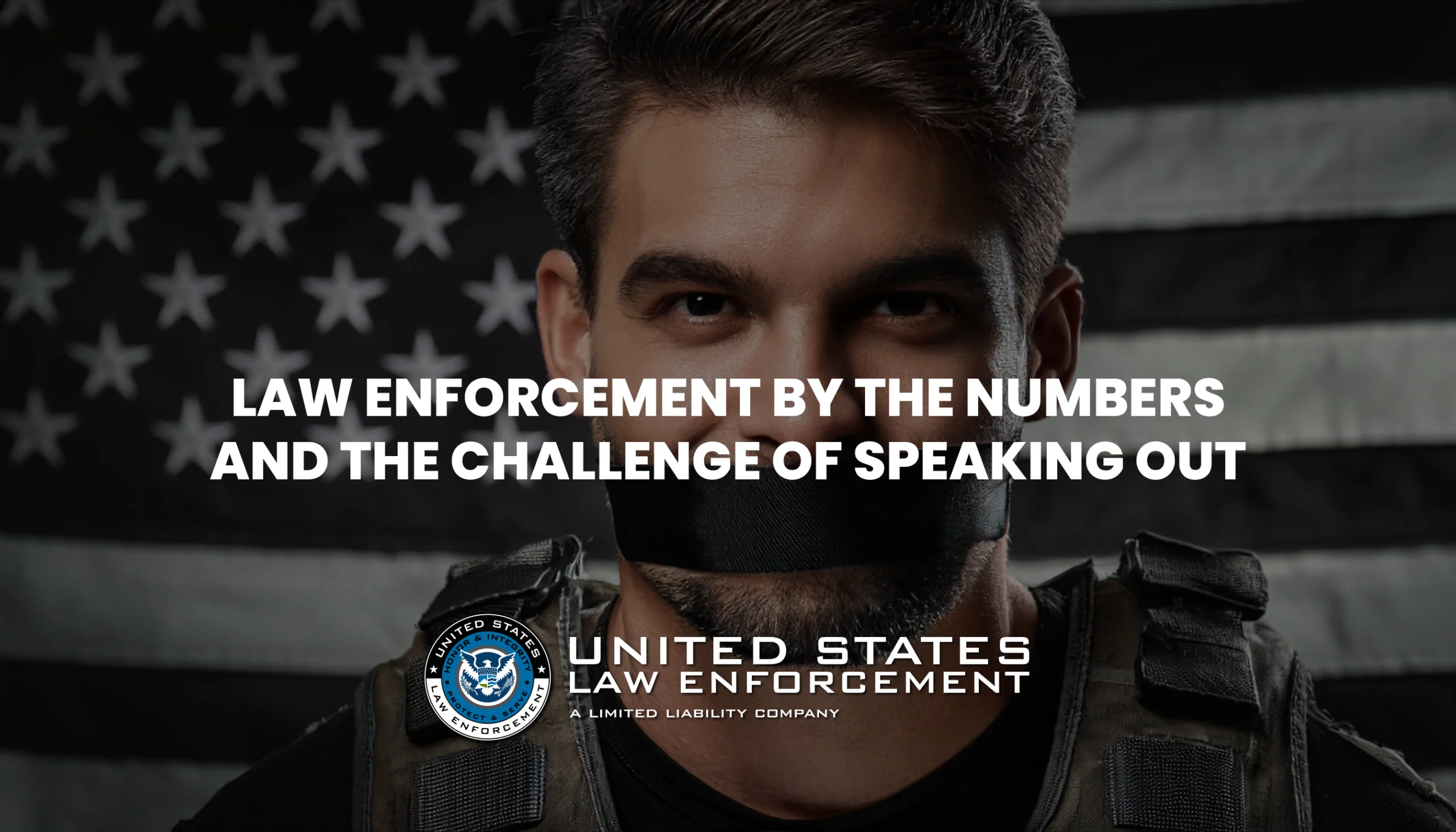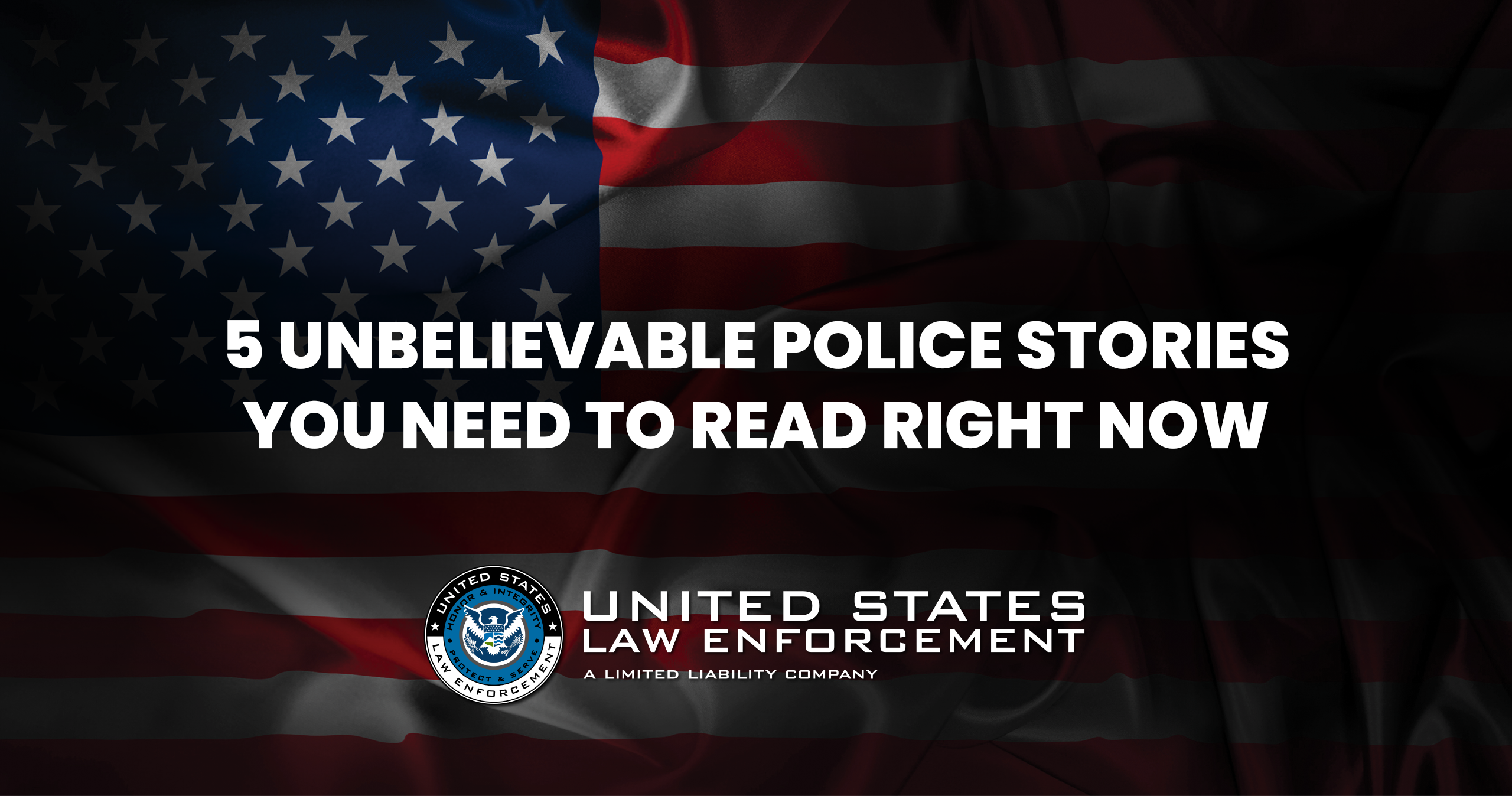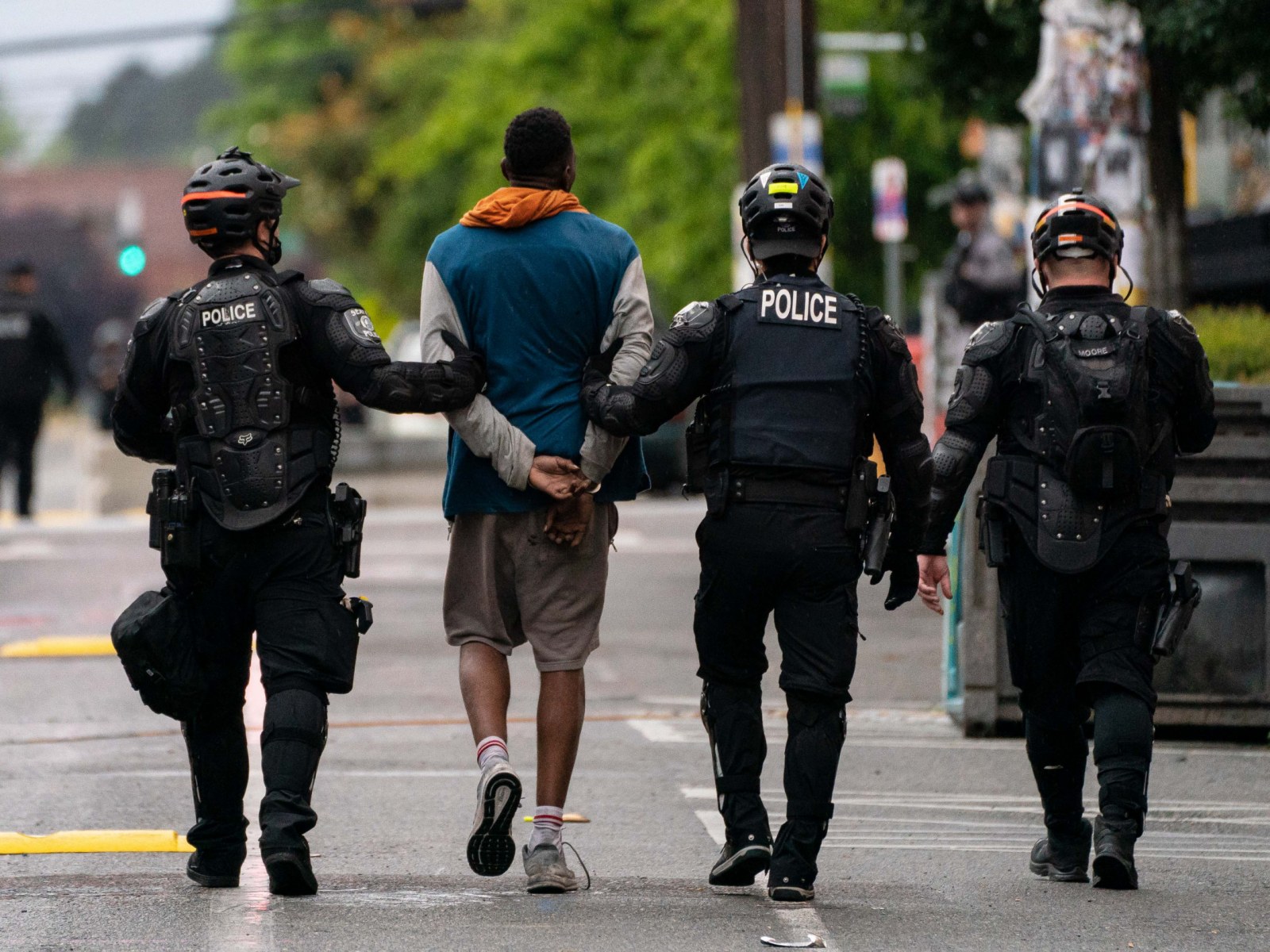Have you ever wondered why police officers are sometimes referred to as "12"? It's a term that's been around for decades, popping up in movies, songs, and everyday conversations. But what does it actually mean? In this article, we'll dive deep into the origins of this slang, its cultural significance, and how it's still relevant today. So buckle up, because we're about to take you on a journey through the world of law enforcement slang!
Let's face it, language evolves, and so do the terms we use to describe things. The phrase "12" is one of those terms that has stuck around for a long time, but its origins are shrouded in mystery. Some people think it's just another random number, while others believe it holds deeper meaning. We're here to clear up the confusion and give you the inside scoop on why police are called "12."
This isn't just about linguistics; it's about understanding the culture and history behind law enforcement. Whether you're a curious citizen, a fan of crime dramas, or someone who wants to know more about how language shapes our perceptions, this article has got you covered. Let's get started!
- How Tall Is George Foreman Unveiling The Boxing Legends Height And More
- Renee Estevez The Rising Star In Hollywood You Need To Know About
Table of Contents
- The Origin of "12" in Police Slang
- A Brief History of Police Slang
- How "12" is Used in Modern Times
- Common Misconceptions About the Term
- Cultural Impact of Police Slang
- The Role of Music in Popularizing "12"
- Legal and Ethical Considerations
- Statistics on Police Slang Usage
- The Future of Law Enforcement Slang
- Wrapping It All Up
The Origin of "12" in Police Slang
Alright, let's get down to business. The term "12" is believed to have originated from the 10-code system used by police officers in the United States. If you're not familiar with it, the 10-code system is a set of numbers and phrases used by law enforcement to communicate quickly and efficiently over the radio. One of these codes, "10-12," means "conversation is being monitored," or simply, "be discreet." Over time, the number "12" became shorthand for police officers themselves.
But here's the twist—language is like a game of telephone. As the term spread, its meaning evolved. In some circles, "12" came to represent authority figures in general, not just police. This broader interpretation made it even more popular in pop culture and street slang. So the next time you hear someone say "12," you'll know they're probably talking about law enforcement, but with a little extra flair.
Why Did the 10-Code System Become Popular?
The 10-code system was developed in the 1930s as a way to standardize communication among police departments. Back then, radio technology was still in its infancy, and clear, concise communication was crucial. The system caught on quickly because it allowed officers to convey complex messages with just a few words. While many departments have since moved away from the 10-code system, its legacy lives on in slang like "12."
- Goran Viscaronnji263 The Talented Actor Who Stole Hearts On Er And Beyond
- My Chart Uihc The Ultimate Guide To Understanding And Maximizing Your Healthcare Experience
A Brief History of Police Slang
Police slang isn't a new phenomenon—it's been around for as long as law enforcement has existed. In the early days, officers used coded language to communicate without alerting suspects. Over time, this jargon seeped into popular culture, influencing everything from movies to music. Today, police slang is a fascinating blend of practical communication and cultural expression.
Here are a few examples of police slang that have stood the test of time:
- "Perp" – Short for perpetrator, used to describe someone suspected of committing a crime.
- "Backup" – Refers to additional officers called in to assist during a situation.
- "Code 3" – Indicates an emergency situation requiring lights and sirens.
- "10-4" – Means "message received" or "acknowledged."
How Has Slang Evolved Over Time?
Language is constantly changing, and police slang is no exception. What started as a practical tool for communication has become a cultural phenomenon. In the past, slang was mostly confined to law enforcement circles, but today, it's part of mainstream vocabulary. This shift reflects the growing public interest in law enforcement and crime-related topics.
How "12" is Used in Modern Times
Fast forward to today, and the term "12" is still going strong. You'll hear it in rap songs, TV shows, and even casual conversations. But how exactly is it used? Most commonly, "12" refers to police officers or authority figures in general. For example, someone might say, "I saw the 12 cruising down the street," meaning they spotted a police car.
In some cases, "12" is used as a warning. If someone says, "The 12 is coming," they're letting you know that law enforcement is nearby. This usage is particularly common in urban areas where police presence is a frequent topic of discussion.
Does "12" Have Different Meanings in Different Regions?
Yes, absolutely! Language is highly regional, and the meaning of "12" can vary depending on where you are. In some places, it might refer specifically to police officers, while in others, it could encompass all forms of authority. This flexibility is one of the reasons why slang like "12" remains so popular—it can adapt to different contexts and audiences.
Common Misconceptions About the Term
With great slang comes great misunderstanding. There are plenty of misconceptions about why police are called "12," and we're here to set the record straight. One common myth is that "12" refers to the number of officers in a squad. While that might sound logical, it's not the case. Another misconception is that "12" is a derogatory term for police. On the contrary, it's often used neutrally or even affectionately in certain circles.
Here's the deal: "12" is just a shorthand term that's evolved over time. It doesn't carry any inherent negative or positive connotations—it's all about context. So the next time someone tells you "12" is offensive, you can politely explain its origins and meaning.
Why Do Misconceptions About Slang Persist?
Misconceptions about slang persist because language is complex and subjective. What one person interprets as neutral, another might see as offensive. This is especially true when it comes to terms related to law enforcement, where emotions can run high. The key is to approach these discussions with an open mind and a willingness to learn.
Cultural Impact of Police Slang
Police slang has had a profound impact on popular culture, influencing everything from music to movies. It's a reflection of how society views law enforcement and authority figures. In some cases, slang like "12" serves as a bridge between law enforcement and the communities they serve. In others, it highlights the tensions and misunderstandings that exist between these groups.
For example, in hip-hop music, "12" is often used to critique or comment on police behavior. This usage reflects the complex relationship between law enforcement and marginalized communities. At the same time, police officers themselves use slang to bond and build camaraderie among colleagues.
How Has Slang Changed Public Perception of Law Enforcement?
Slang has the power to shape public perception, for better or worse. Terms like "12" can humanize law enforcement by highlighting the everyday language officers use. On the other hand, they can also perpetuate stereotypes and misunderstandings. It's up to us as a society to use language responsibly and thoughtfully.
The Role of Music in Popularizing "12"
Music has played a huge role in popularizing police slang like "12." From gangsta rap to country ballads, artists across genres have incorporated these terms into their lyrics. This exposure has helped bring police slang into the mainstream, making it more accessible to a wider audience.
Take, for example, the iconic song "Cops" by MC Ren. In this track, the term "12" is used to describe police officers in a way that resonates with listeners. Similarly, in movies like "Training Day," the use of slang adds authenticity to the portrayal of law enforcement.
What Makes Music Such a Powerful Medium for Slang?
Music is a universal language that transcends cultural and linguistic barriers. When artists use slang in their lyrics, they're not just entertaining—they're also educating their audience. This makes music an incredibly effective tool for spreading slang and shaping public perception.
Legal and Ethical Considerations
While slang like "12" might seem harmless, it can raise legal and ethical concerns. For instance, using certain terms in a derogatory manner could be seen as hate speech or harassment. It's important to approach slang with sensitivity and respect for all parties involved.
From a legal perspective, law enforcement agencies have guidelines for how officers should communicate, both with each other and with the public. While slang is often informal, it's still subject to these rules and regulations. Officers must strike a balance between being relatable and maintaining professionalism.
How Can We Use Slang Responsibly?
Using slang responsibly means being mindful of its impact on others. Before using a term like "12," consider the context and the people involved. If you're unsure, it's always better to err on the side of caution. After all, language has the power to unite or divide, and it's up to us to choose how we wield that power.
Statistics on Police Slang Usage
While there aren't many hard statistics on police slang usage, anecdotal evidence suggests it's more popular than ever. Social media platforms like Twitter and TikTok are filled with examples of people using terms like "12" in creative and humorous ways. This trend reflects the growing interest in law enforcement and crime-related topics among younger generations.
According to a survey conducted by a leading linguistics journal, over 70% of respondents reported using or hearing police slang in the past year. This statistic highlights the widespread influence of law enforcement terminology in everyday language.
What Does the Data Tell Us About Slang Trends?
The data suggests that slang is more than just a passing fad—it's a reflection of how we engage with the world around us. As society becomes more interconnected, the use of slang will likely continue to grow. This trend has important implications for how we communicate and understand each other.
The Future of Law Enforcement Slang
Looking ahead, the future of law enforcement slang is bright—or should we say, "lit"? As technology continues to evolve, so too will the way we communicate. New terms and phrases will emerge, while older ones may fade into obscurity. One thing is certain, though: slang like "12" will remain a vital part of our cultural lexicon for years to come.
In the years ahead, we can expect to see even more creative uses of police slang in media, music, and everyday conversations. This evolution will be shaped by advances in technology, changes in societal norms, and the ever-evolving nature of language itself.
What Can We Expect From Slang in the Next Decade?
In the next decade, slang will likely become even more integrated into our digital lives. With the rise of AI and virtual assistants, we may see new forms of communication that blend traditional slang with cutting-edge technology. Who knows? Maybe "12" will evolve into something entirely new and unexpected!
Wrapping It All Up
So there you have it—the story of why police are called "12." From its origins in the 10-code system to its place in modern culture, this term has come a long way. Whether you're a fan of crime dramas, a language enthusiast, or just someone who loves a good mystery, the world of police slang has something for everyone.
Before we go, let's recap the key points:
- "12" originated from the 10-code system used by police officers.
- It's a versatile term that can refer to police or authority figures in general.
- Slang like "12" plays a significant role in shaping public perception of law enforcement.
- Using slang responsibly is crucial for maintaining respectful communication.
Now



Detail Author:
- Name : Tamara Torphy
- Username : boyle.mauricio
- Email : mupton@emmerich.org
- Birthdate : 1979-06-28
- Address : 63389 Carter Pines Suite 670 Emmetport, NY 54140
- Phone : 1-540-244-3967
- Company : Lindgren Group
- Job : Compacting Machine Operator
- Bio : Culpa reprehenderit ab in iste saepe. Nemo reprehenderit vero quia fugit impedit. Dolor unde delectus vel quae et reprehenderit incidunt tempora.
Socials
tiktok:
- url : https://tiktok.com/@mbraun
- username : mbraun
- bio : Animi tempore consectetur provident sapiente odio sapiente.
- followers : 5828
- following : 961
facebook:
- url : https://facebook.com/mathew.braun
- username : mathew.braun
- bio : Ullam dolor distinctio est labore reprehenderit aspernatur recusandae ipsa.
- followers : 3012
- following : 300
instagram:
- url : https://instagram.com/braun1987
- username : braun1987
- bio : Quo ut quisquam voluptatem. Eos qui est assumenda nostrum. Nostrum impedit velit eius sunt.
- followers : 6874
- following : 2655
twitter:
- url : https://twitter.com/mathew.braun
- username : mathew.braun
- bio : Odit quisquam pariatur aliquam quos fugit. Dolorem qui adipisci ducimus. Ipsam corrupti repellendus dolorem quia sunt sunt iure.
- followers : 3030
- following : 2445